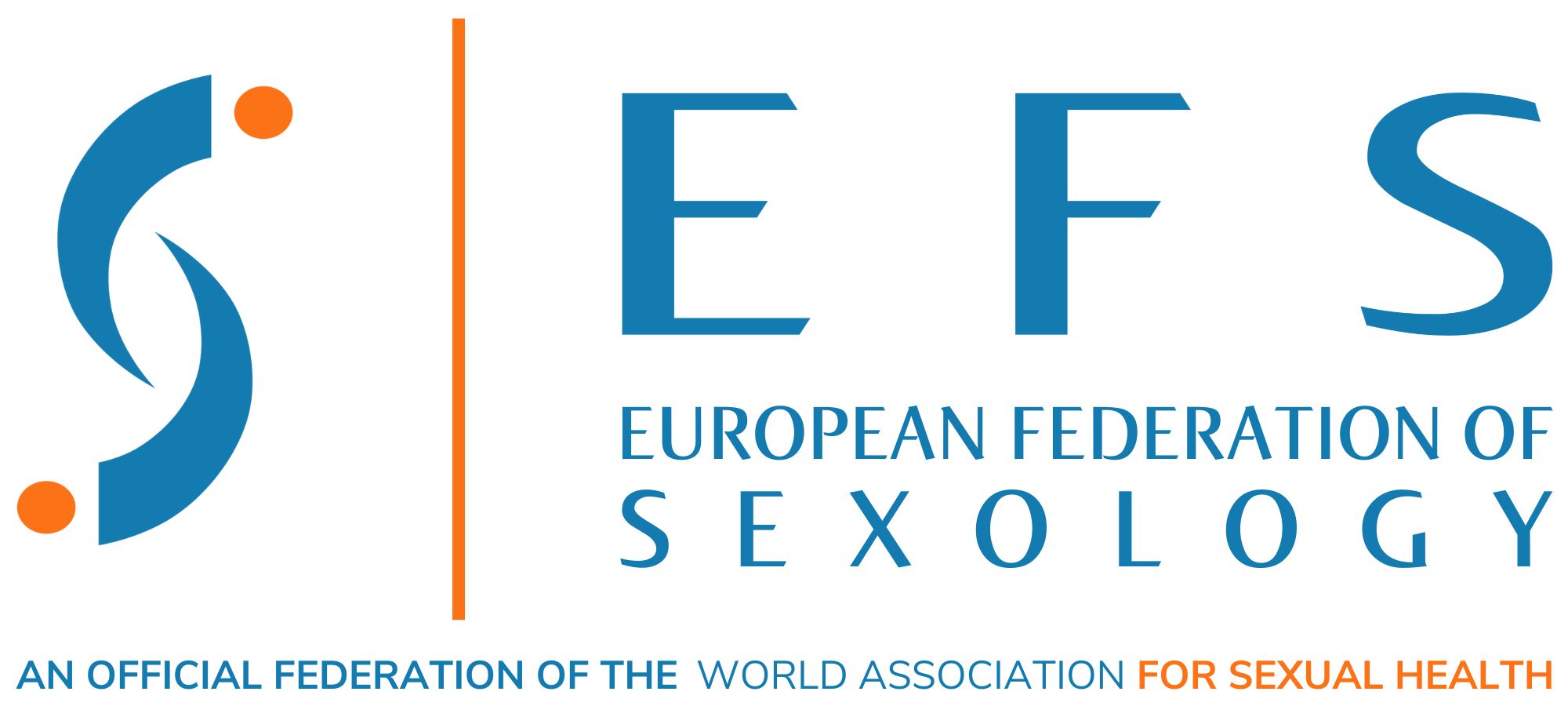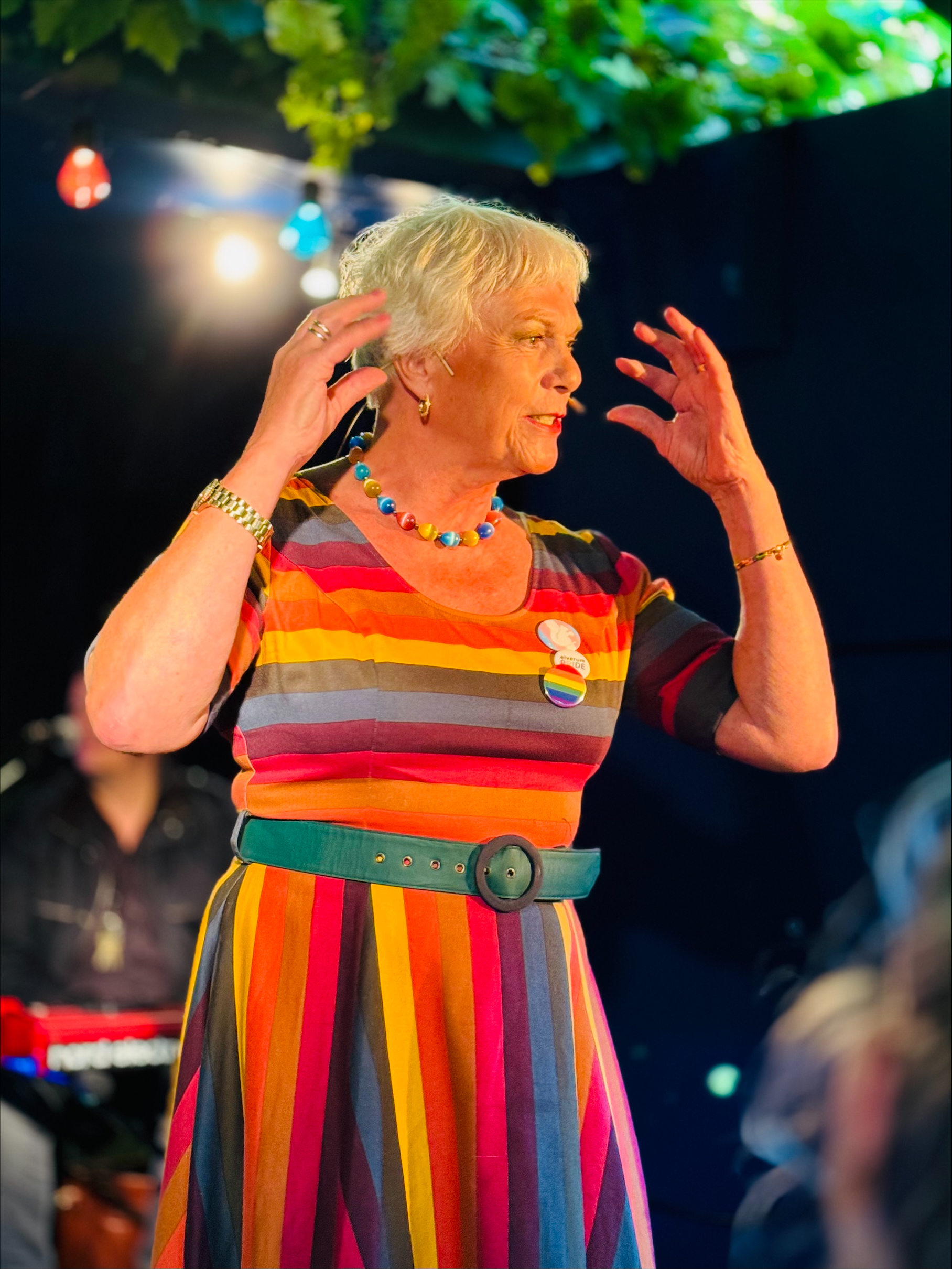October letter
Norway, November 5th 2024
October has come to its conclusion, winter is budding on the Northern hemisphere, strong winds are roaring the West- and North coast of Norway, and in Spain rain falls like rivers to the ground, causing hundreds of casualties. Let us send our compassion and our solidarity to all those who have been and still are suffering.
The health of the globe affects all of us who live on it, and our general health affects our sexual health, and our sexual health affects our many relationships.
To work for better sexual health is still not to start from the bottom, our work as sexologist come in from the side with implications for all the above mentioned, aspects and issues of health.
WHO gives us a “working definition” for sexual health:
Sexual health is fundamental to the overall health and well-being of individuals, couples and families, and to the social and economic development of communities and countries. Sexual health, when viewed affirmatively, requires a positive and respectful approach to sexuality and sexual relationships, as well as the possibility of having pleasurable and safe sexual experiences, free of coercion, discrimination and violence. The ability of men and women to achieve sexual health and well-being depends on their:
- access to comprehensive, good-quality information about sex and sexuality;
- knowledge about the risks they may face and their vulnerability to adverse consequences of unprotected sexual activity;
- ability to access sexual health care;
- living in an environment that affirms and promotes sexual health.
Sexual health-related issues are wide-ranging, and encompass sexual orientation and gender identity, sexual expression, relationships, and pleasure. They also include negative consequences or conditions such as:
- infections with human immunodeficiency virus (HIV), sexually transmitted infections (STIs) and reproductive tract infections (RTIs) and their adverse outcomes (such as cancer and infertility);
- unintended pregnancy and abortion;
- sexual dysfunction;
- sexual violence; and
- harmful practices (such as female genital mutilation, FGM).
The very keen eye will miss genders in addition to men and women, and more philosophical minds may ponder the normative messages in this statement. Nevertheless: This is how the working definition looks in November 2024, and this whole statement calls for sexology, a field that enjoys few affirmations in the world’s numerous healthcare systems.
Some years ago, we enjoyed the company of Dr. Uwem Esiet from Nigeria. At that time the WAS acronym’s content was: World Association for Sexology. “But”, Uwem said, “sexology doesn’t fly in Africa!”
There are lots of examples that sexology doesn’t fly well on our troubled globe. Sexual health has better flying capacities, but the world’s healthcare systems need to get it under their skin that sexual health is the overall goal and sexology a basic tool to take us there. That point might get lost in our endeavors to satisfy cultures with failing flying conditions for sexology.
I am happy to include our early career members in this letter.
Esben Esther Pirelli Benestad
President of the EFS

